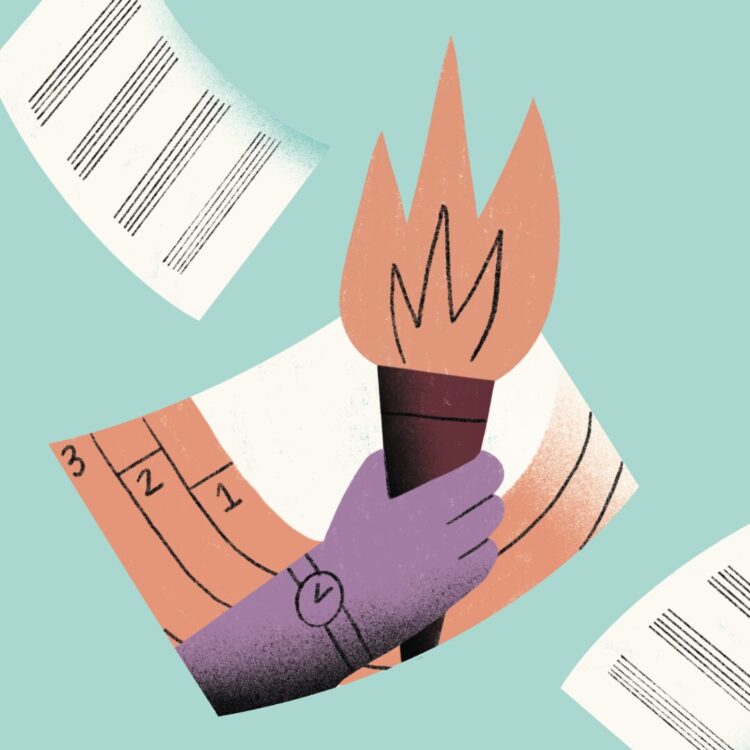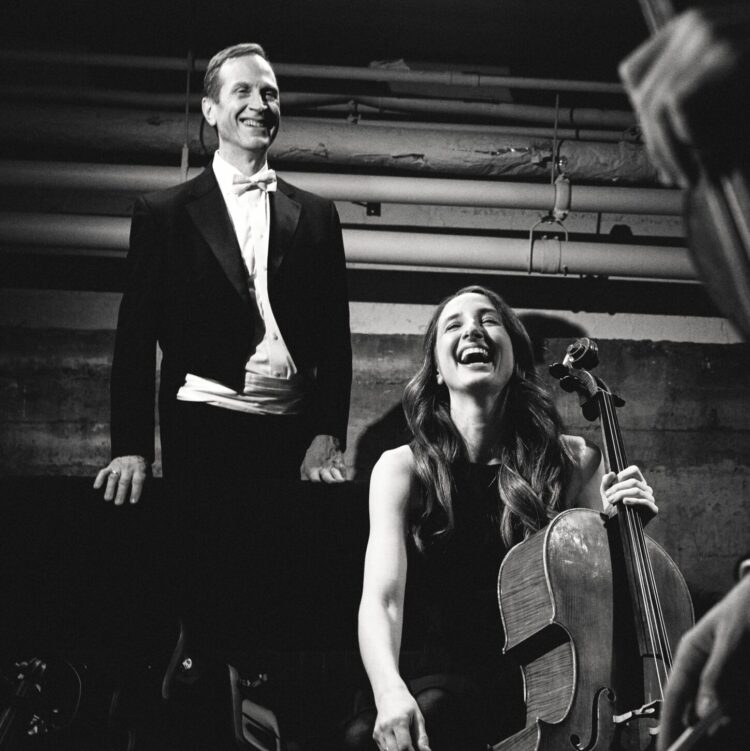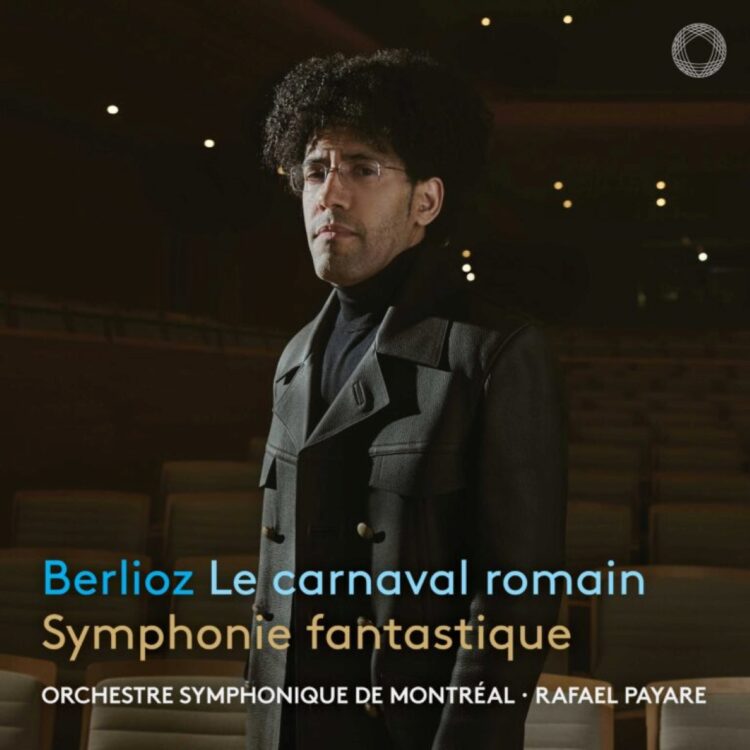Christoph Eschenbach: a Conductor with an Extraordinary Career Path
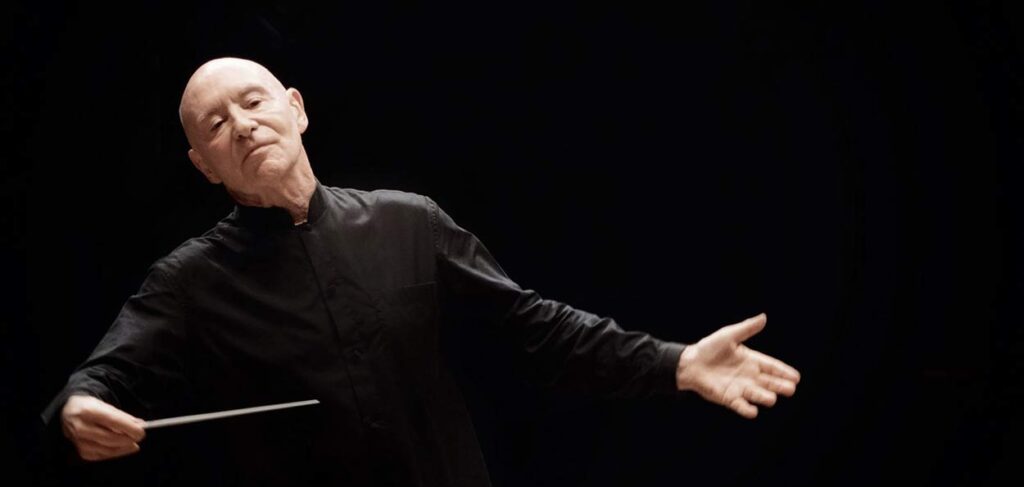
Marked for life by war
Christoph Eschenbach was born as the Second World War was raging, in 1940, Breslau (Germany), now Wrocław (Poland). His mother died at birth and his father died during the war, after being sent to the front. Young Eschenbach was placed in a camp of 60 refugees. Living in atrocious conditions, 59 of them fell victim to disease. The sole survivor at the end of the war, he was taken in by his mother’s cousin. As a result of this trauma, Eschenbach stopped speaking.
“ – Do you remember when you first started to speak again? – Well I said ‘I want to play.’”
– Christoph Eschenbach
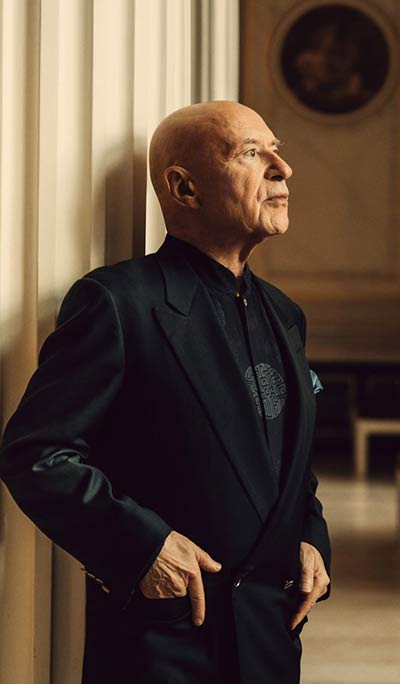
Reborn through music
In his new family, Christoph Eschenbach was introduced to the piano, which soon became an obsession. Music “allowed him to rediscover the joy of living before it became his reason for living.” (Renaud Machart, Le Monde). At the age of ten, he won his first major competition in Hamburg and continued his studies, learning, in addition to the piano, the organ, the violin, the viola and eventually conducting.
A dazzling career
From first-place prizes at various music competitions to recordings with prestigious labels and acclaimed performances, Christoph Eschenbach racked up one success after another at the piano. And as if that wasn’t enough, the talented musician frequently appeared with orchestras as both guest soloist and conductor. A bit like Mozart or Beethoven did in their time, he recalls.
Inspired by the greats
At the age of 11, the young boy was awestruck when he heard Wilhelm Furtwängler conducting the Berlin Philharmonic Orchestra and witnessed how fired up the dozens of musicians around him. Twenty years later, Christoph Eschenbach conducted his first concert, performing Bruckner’s Third Symphony. For the maestro, his art is all about breathing; its mastery is essential to allowing the music to breathe with life.
“No minute goes by without visible effort as he strives to guide and mold and shape the sound, sometimes palming the baton and using hands alone, as if to rid himself of the needless intermediary between himself and the music he wants so much to touch.” – The Washington Post
